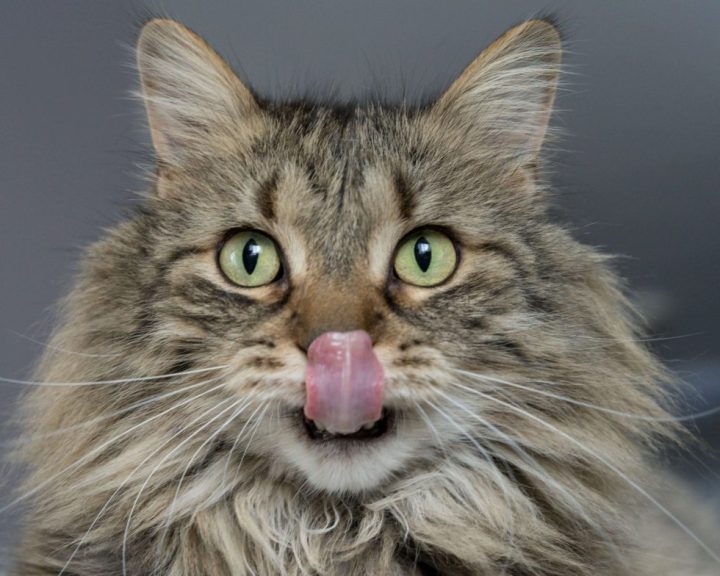My pet has a tummy upset – what can I feed him/her?
After an initial consultation with the vet we may recommend Hills I/d – a commercially available gastrointestinal food that is both complete and balanced as well as formulated to target gastrointestinal upsets. It contains the key nutrients lost in diarrhoea and high energy density to help promote recovery. This is fed to inpatients at the BVC to aid recovery.
My pet is fussy – what can I do?
Our team can offer lots of assistance with this but there are some things to try:
- Keep feeding to a set time every day and do not allow free feeding. Remove food after 20 minutes if it is uneaten.
- Stimulate appetite by feeding after a walk (for dogs) or using food puzzles & games.
- Particularly for cats – cold food can be unappealing, sometimes just heating it in the microwave will soothe your fussy feline.
- Try sprinkling a small amount of something they love on their food (but don’t forget to add the calories if you’re working on weight control). Our vet puts an egg on his pet’s dry food and that seems to do the trick!
- Don’t spoil their appetite with too many treats – hunger always improves appetite and makes food more appealing.
- Don’t make the mistake of offering too many alternatives too quickly. Dogs are easy to train – with good habits and bad. If they learn that there are easy alternatives they will also learn to wait for their preferred (and often less healthy) option
With thanks to Nutrition RVN.
What foods are toxic to pets?
- Chocolate
- Xylitol
- Macadamias
- Grapes/raisins
- Onions
- Alcohol & caffeinated drinks
- Raw yeast products
- Illegal substances
Is the ingredient list a good way to determine the quality of a pet food?
Overall, the ingredient name does not detail its nutritional quality, its digestibility, or the bioavailability of its nutrients. The most important thing is that the final product (formulated by experts) is tested to ensure that the nutritional requirements of your pet are met.
The ingredient list may be useful to choose a pet food for dogs and cats with food allergies and intolerances but keep in mind that cross-contamination with foods and ingredients not reported on the label can occur during normal manufacturing processes.
Are home cooked diets adequate for my pet?
They can be, if they are complete and balanced. Home cooked diets, by definition, cannot be tested for adequacy (as opposed to commercial diets, which may undergo chemical nutrient analysis or feeding trials), thus, it is important that a veterinarian specialized in nutrition formulates the diet and that your pet is under careful veterinary supervision while a homecooked diet is being fed. The benefit for a homecooked diet is that is allows for the diet to be custom made to your dog or cat’s preferences, health status, and with ingredients that are easy to source for you.
Are vegetarian diets adequate for pets?
Cats are obligate carnivores- they cannot process plant sources of taurine, it needs to come from meat. Cats cannot thrive on vegetarian diets and these types of diets should not be fed to cats.
Dogs can potentially receive all their required nutrients from a vegetarian diet, but the company producing these diets should be carefully evaluated because these diets are harder to balance, and many vegetarian sourced nutrients are not as easily absorbed and metabolized by dogs as animal-sources ones. Please consult with your veterinarian if you are considering feeding a vegetarian diet to your dog.
Is dry food safe for my cat?
Dry cat food has had a reputation for causing kidney disease and bladder problems in cats. This is due to the amount of naturally occurring magnesium in the diet and the pH (acidity level) of the urine. This is one area where premium diets are definitely superior to supermarket ones with pet food companies heavily investing in the required research and development to ensure appropriate levels in their kibble.
Pasta vs. Rice:
Dogs have difficulty digesting complex carbohydrates that are found in wheat (pasta and bread).
Rice is a simple carbohydrate and is much easier for your dog to digest.
Veggies:
Veggies are fine in small quantities for dogs but it is extremely difficult to balance a predominantly vegetable diet. Dogs are carnivorous animals and as such have no nutritional requirement for vegetables. If you wish to feed veggies they can be fed raw or cooked except for potatoes, which must be cooked.



